Do you NEED to count calories in order to lose weight?
Is it effective? Is it for you?
Yes, but you don’t have to. I’ll show you why later in this article.
You’ve probably searched “can i lose weight without counting calories?” and you’ve been bombarded with MILLIONS of contradictory claims and suggested a billion different diet options.
You just want a simple “yes” or “no” to your question “does calorie counting work”, but instead you feel even more overwhelmed and confused than before.
The most frustrating part is that a bunch of those articles don’t even use scientifically backed research (which I can help you break down the more you read this article) to uphold their claims and they’re also spreading harmful misinformation!
What they fail to provide is what the long-term effects of restrictive diets have on living and breathing people like you and me! We have hopes and dreams to eat dessert from time to time, right?!
Calorie counting works
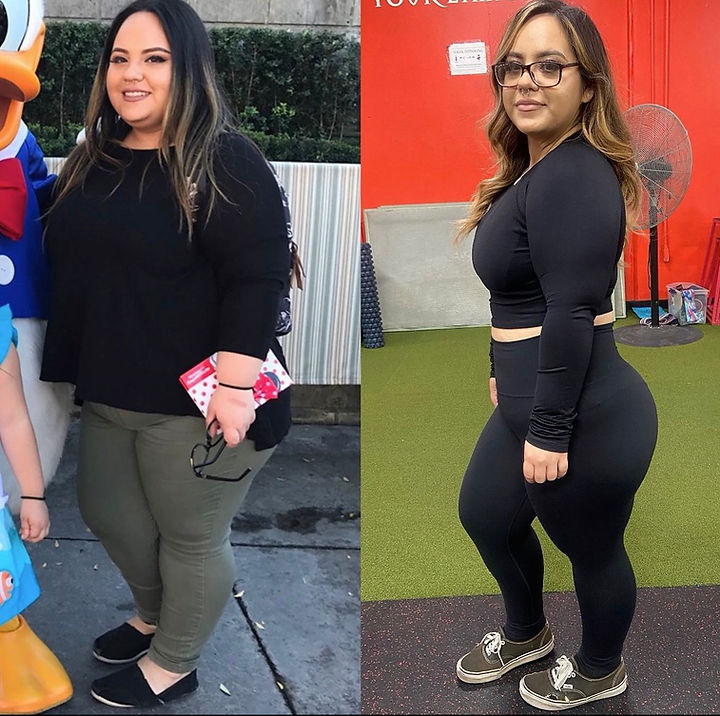
Isela
AHHHH! I feel like I’m a mom bragging about my hard-working child, but here is my coaching client and really good friend, Isela.
Isela is a single mom who works in the beauty industry and is a talented makeup artist. She’s also FREAKIN’ hilarious. We have a good time. Like too many inappropriate jokes and stories.
She’s been working with me for the past 3 years in my strength coaching and nutrition program.
Through our time of working together, she’s lost 50 pounds of fat and gained muscle. Overall, this girl has lost 100 pounds over the course of a few years. She’s incredible to say the least.
How did she do it?
She specifically got the right range of calories and protein intake and stuck to it consistently over the past few years. Calorie counting definitely worked for her.
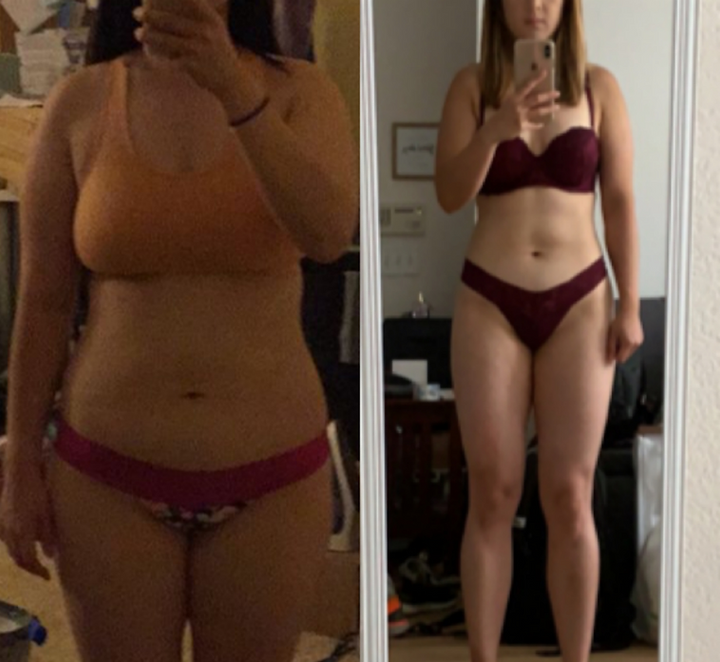
Anh
Let me show you my friend Anh’s hard work as well—she’s an incredibly hard working woman and mother, who grew up with a single mom, and they immigrated from Vietnam together. She’s built an amazing business for herself and her work ethic truly shows in her results.
She calorie counted! It definitely worked for her.
The crazy part is she only lost 2-3 pounds between these pictures.
Her muscle gain is amazing too.
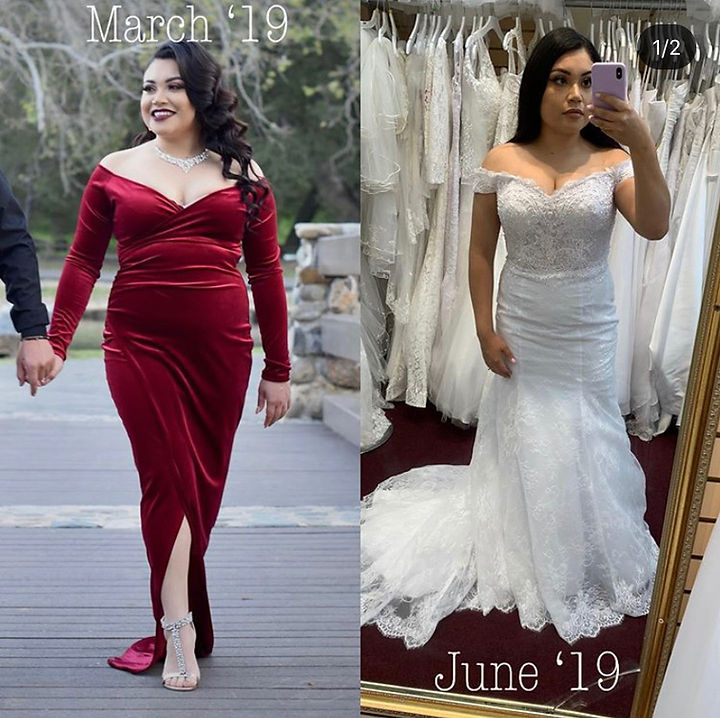
Melissa
Another incredible woman who works hard for her family and still knows how to have fun!
She created amazing results for herself in my coaching program, but she also gave herself some room to have a drink here and there with her friends and family.
How did she do it?
She counted calories and kept up her protein intake!
You don’t need to count calories to get incredible results though!
I know, it’s crazy to see that these amazing women stayed consistent AND they still ate carbs, plus had desserts here and there.
It’s mind-blowing to see these results when you have a bunch of people putting down carbs, people who preach the carnivore diet, and vegan elitists who say “you can only lose weight as long as you eat specific foods.”
which is completely FALSE.
The truth is that calorie counting WORKS.
I’ll explain why calorie counting works later, but with that being said, I’m not saying that you MUST count calories in order to lose weight or get results.
Here are some great examples of friends and clients who didn’t calorie count, and still made amazing progress.
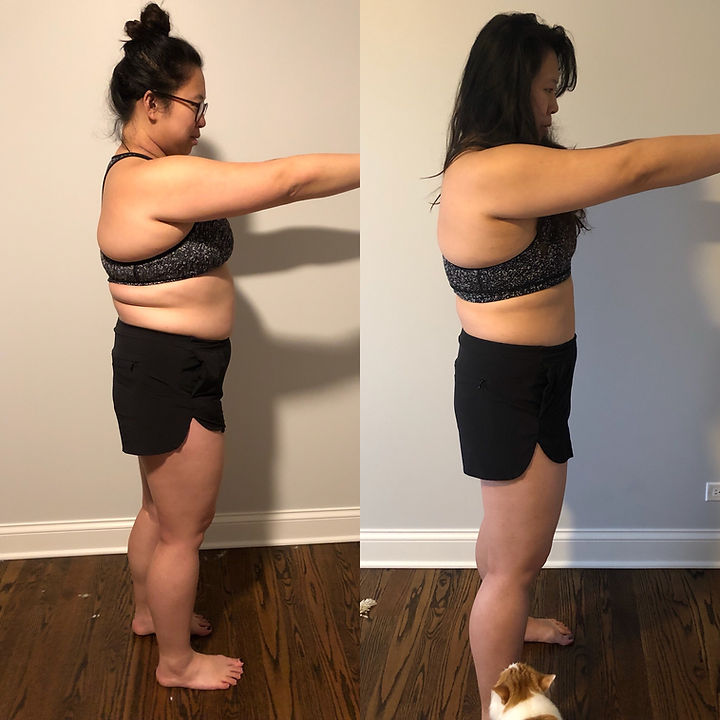
Elaine
My online coaching client Elaine dropped a good amount of fat within 8 weeks without counting calories.
How did she do this without whipping out her phone to track her calories before and after every meal?
We kept it really simple: we focused on healthy and sustainable habits that promoted better portion control with her foods, along with increasing her strength training and movement throughout the day.
Because we focused on portion control, appropriate for Elaine’s goals, we successfully reduced her calorie intake.
Plus, we stressed the importance of increasing her protein, liquid, and fiber intake so that she felt fuller longer while maintaining her muscle mass and dropped fat.
So no, she didn’t count her calories, but it still provided her an opportunity to get into a calorie deficit because of the portion control and positive habits we reinforced.
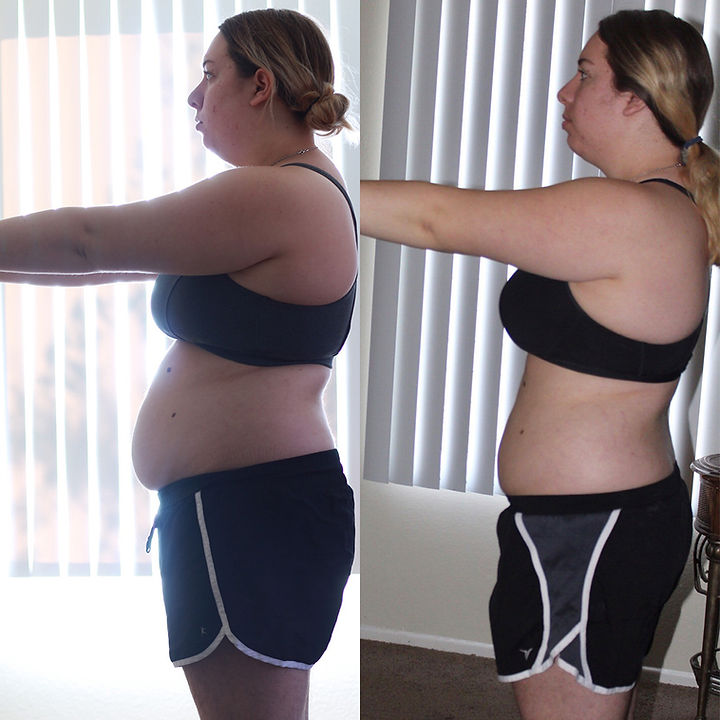
Vanessa
This is also the same technique that I used with my other online coaching client, Vanessa.
Vanessa lost a good amount of weight without tracking her calories, on top of her busy schedule as an educator.
Can you believe this was only in a matter of 8 weeks?!
She did such an amazing job, that I could cry.
So…is calorie counting NECESSARY to burn fat and gain muscle?
Absolutely not; you can still burn fat without calorie counting.
Does calorie counting work though?
Absolutely!
I’ll show you why it works, down to the science.
First off, what is a calorie?
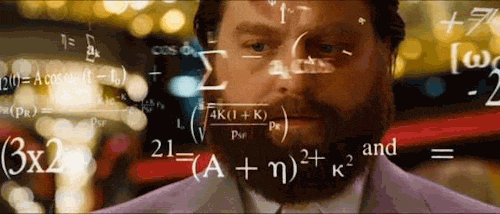
Let’s bring it back to its definition:

In layman’s terms, a calorie is literally just a unit of measurement.
That’s it. Nothing fancy.
So every single food and thing you eat, contains energy OR calories.
Calories will give your body energy. It doesn’t necessarily NOURISH you. That’s where macronutrients and micronutrients come into play. We need specific amounts of macros and micros to function at our best.
Let’s go back to calories though and make it more science-y with the First Law of Thermodynamics.

Think of your body as a system or container of energy. Energy/calories will flow in and out of our body.
When you eat food, you put more energy into your system.
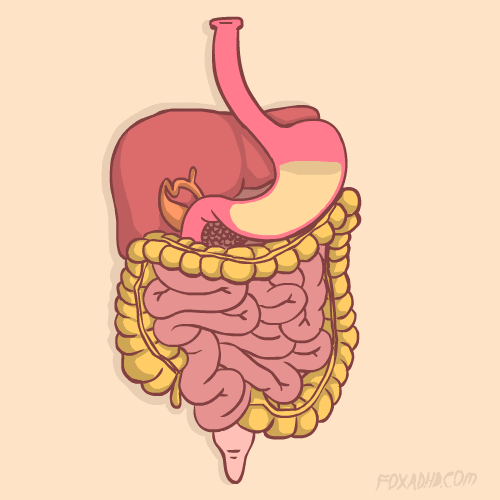
Our bodies maintain weight at a calorie intake that’s specific to our lifestyle and genetics.
In other words, in order to stay at the same weight, each of us has a specific amount of calories we must eat.
What happens if you overeat and you don’t burn off those extra calories?
You get fat.
Fat is basically reserved stores of energy in your body.
But what happens when you don’t eat enough calories?
You lose weight!
Why?
Remember, your body is a system of energy.
This system of energy maintains weight at a specific calorie/energy intake.
If you don’t eat enough calories or energy, your body uses your stored fat to fuel your essential and daily functions.
In other words, you lose weight when you get into a calorie deficit because your body is now using your stored fat to live and perform any function.
Does that mean that I can eat anything and still lose weight?
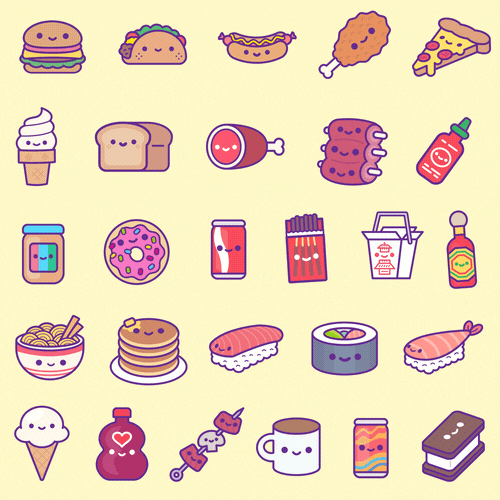
Short answer is YES.
Longer answer is: it depends on how sustainable your weight loss will be due to your food choices.
1 cup of regular vanilla ice cream has 274 calories, while 1 cup of watermelon is 47 calories.
While they take up the same amount of space within that 1 cup, the vanilla ice cream has almost 6x more the amount of calories within that space!
If we were to increase the amount of watermelon to provide you the same amount of calories that 1 cup of vanilla ice cream has, I would give you 6 cups of watermelon.
Now, we’re looking at a different perspective:
6 cups of watermelon is roughly 274 calories, while only 1 cup of ice cream has 274 calories.
Which one is more filling?
Which one will make you feel better?
Which one will provide you more nutrients?
The watermelon will give you more sustenance so that you don’t end up overeating due to the ice cream not filling you up.
I’m not saying to ditch the ice cream. I’m saying that your food choices matter because how nutritious and how filling a certain food is will dictate the rest of your meals.
If you’re not satisfied or full enough from a prior meal, you’re more likely to overeat, which will potentially cause a calorie surplus or weight gain.
But wait—there’s more!
There’s this thing called TEF: the thermic effect of food.
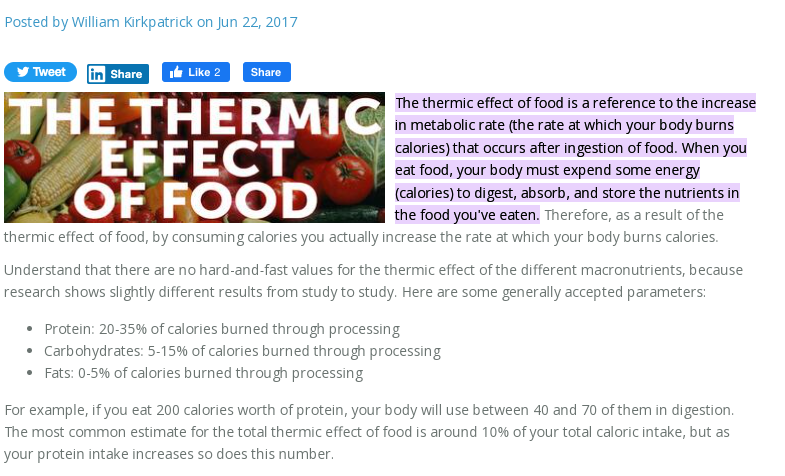
It’s just a fancy way of saying that your body needs to burn calories in order to fuel the digestion process of the calories that it just ate. It sounds so meta.
Think of calories as a category with subcategories, which will be your macronutrients. Each macronutrient has a specific amount of calories attached to it.
1 gram of carbohydrates equals 4 calories.
1 gram of protein equals 4 calories.
1 gram of fat equals 9 calories.
Each macronutrient (protein, carbs, fats), have varying degrees of TEF, which you can reference from this article:
From this article, it states that protein has the highest thermic effect, meaning that out of all the macronutrients, consuming more protein allows you to burn more calories at rest.
Not only does protein have a high TEF, but it keeps you fuller longer. Plus, it serves your muscles a great deal: they build, maintain, and repair them.
Wait…but don’t our daily activities and bodily functions vary all the time? Wouldn’t that affect the amount of calories we burn day to day?
Of course.
There’s more to the rabbit hole, but we’ll stick to what we can control.
Our bodies are not perfect systems, either.
And aren’t our food labels and measurements not completely accurate?
Yes, you make a good point.
Even if we were off by a bit, it wouldn’t matter in the grand scheme of things.
As long as you’re sticking to a general range of calories and keeping up your active lifestyle at the same degree that you’re at, you will stick within your general range in the long run.
If you control what you can control, you absolutely can make progress whether or not you’re counting calories.
Conclusion: Does calorie counting work?
It absolutely does. But it’s not the only method to help you get great results.
Take me, for instance!

I calorie tracked for the first few months in this 5 month difference during my fat loss phase.
I gradually weaned off tracking calories but since I tracked before, I have the perspective of how my food portions should look in order to keep making progress.
It’s a win-win!
Like we mentioned earlier, methods like portion control and reinforcing healthy habits that allow you to naturally get into a calorie deficit without having to track calories, is effective as well.
I think calorie counting is an amazing tool, as long as you have a healthy relationship with it, where you don’t get obsessive over the numbers.
Calorie counting is great too because it reveals how much your portions actually look like vs. just guessing or winging it. It’s a great tool to use when you want to tighten things up a bit and you want to be have a clearer view of how much you’re actually eating.
When you have better measurements of what you’re eating, it’s a lot better to manage.
It’s like that saying: you can’t manage what you don’t measure.
Plus, calorie counting is awesome because you can fit in desserts and snacks here and there and you’ll be sure that it fits within your calorie goal without feeling anxious or doubtful that you’ll get the body you want.
Overall, long-term adherence is the name of the game when it comes to lasting results. You’ve got this!
If you need any help or would like to inquire on 1-on-1 coaching with myself, please send me an e-mail.